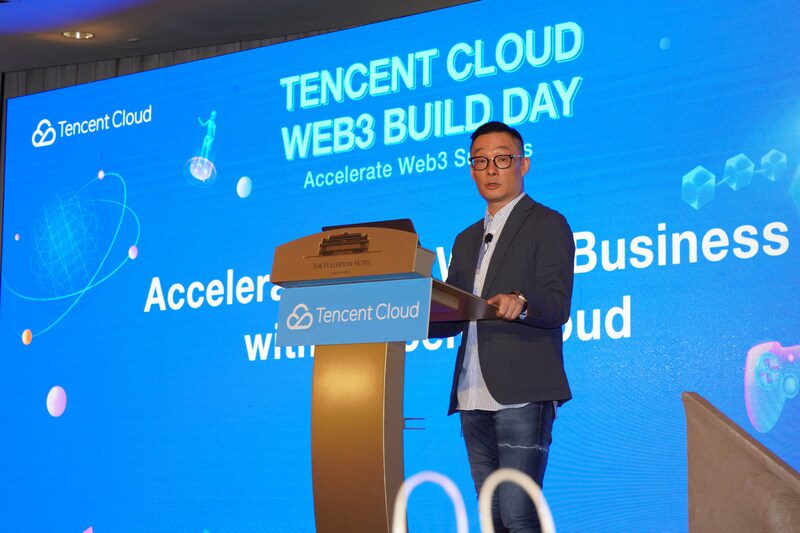Tencent, the Chinese tech giant, has recently announced that it is joining the web3 ecosystem. This move comes as no surprise, given the growing interest and investment in the space, especially among major tech companies. Web3, also known as the decentralized web, is a new paradigm of the internet that is based on blockchain technology and is designed to be more transparent, decentralized, and user-controlled.
Tencent’s move into the web3 space is significant, as it is one of the largest tech companies in the world, with a market capitalization of over $700 billion. The company has already made investments in several blockchain projects, including the popular cryptocurrency exchange Binance, and it is now planning to expand its presence in the web3 ecosystem.

Tencent is a Chinese multinational technology conglomerate that is headquartered in Shenzhen, China. The company was founded in 1998 by Ma Huateng, also known as Pony Ma, and is now one of the largest tech companies in the world, with a market capitalization of over $700 billion.
It’s difficult to ignore the timing of the occurrence. On Monday, Hong Kong announced plans to allow ordinary investors to trade Ether and Bitcoin beginning in June, providing hope that China has changed its position on cryptocurrencies.
As we predicted, China will most likely not want to lose out on the next wave of technology disruption, namely the digitalization of value transmission. While its concerns about crypto market instability are justified, as evidenced by the chain reaction of Luna’s demise and FTX’s demise, it at least wishes to experiment with prudence and at a safe distance.
Also, see; Hong Kong demonstrates desire to be a hub for crypto with new regulations
Binance-backed game startup web3 Unagi receives investment for platform expansion
Nevertheless, Bloomberg reported yesterday that Chinese officials “quietly” supported Hong Kong’s goal to become a crypto powerhouse.
Tencent may have been encouraged to organize a high-profile web3 event due to top-level support. The company has previously dabbled in web3, but it was treading much more carefully this time. In contrast to Ethereum, its domestic projects were mostly limited to government-approved activities, such as the creation of a consortium blockchain with corporate partners.
Tencent, like its rivals, marketed its NFT platform as a “digital collectible” marketplace and restricted secondary trading after China warned of non-fungible token speculation. Huanhe, a digital collectible platform, was shut down less than a year after it launched. Outside of China, the corporation attempted to get a financial stake in the web3 game by making investments. It backed Immutable, an Australian web3 gaming company, for example.
Tencent’s entry into web3 is more assured and tangible this time around. Tencent Cloud, the company’s cloud computing arm, announced during the conference that it has signed a Memorandum of Understanding with Ankr, a web3 infrastructure provider, to collaborate on the development of a suite of blockchain API services. Tencent has thus officially joined the race against cloud providers to attract web3 developers.
Tencent Cloud is also collaborating with a few other well-known web3 infrastructure providers, including Avalanche, a blockchain-focused on speed and low transaction fees; Scroll, a Layer 2 scaling solution for Ethereum; and Sui, a very young Layer 1 blockchain established by ex-Meta personnel. It’s an exciting time for Hong Kong and all Chinese web3 developers looking to work closer to home.
Overall, Tencent’s move into the web3 space is a sign of the growing interest and investment in the decentralized web. It also underscores the potential for blockchain technology to revolutionize various industries and transform the way we interact and transact online. However, it is important to note that the web3 ecosystem is still in its early stages, and there are many challenges and risks that need to be addressed before it can reach its full potential.



















